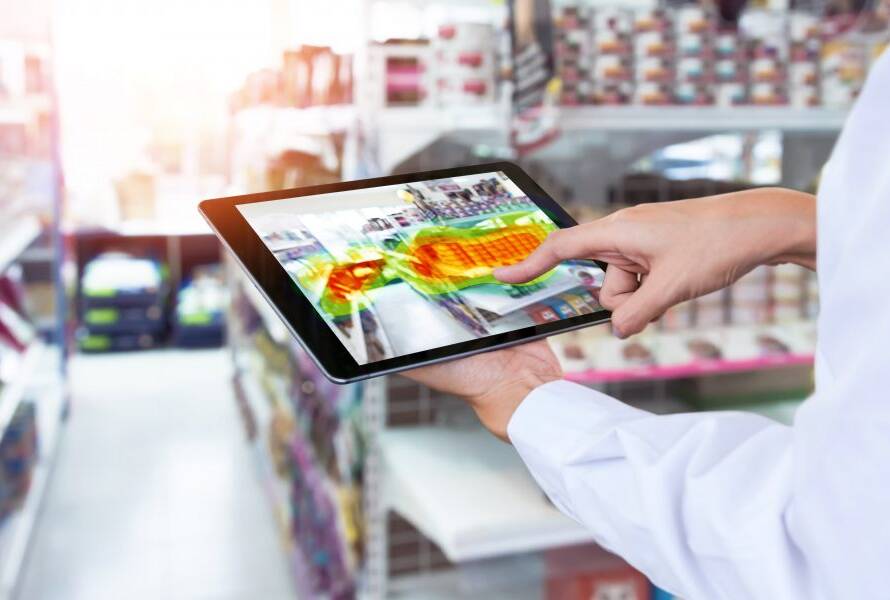The cannabis industry is growing in a major way, especially in the U.S. Recreational use is legal in 21 states as well as Washington, D.C., and Guam, and 39 states allow cannabis use for medical needs.
Cannabis is still a schedule one drug so in the government’s eyes, where anything from seed to sellable product is still deemed a violation of federal drug laws. While cannabis used to be the type of thing people did in secrecy, these days it’s big business and it’s being done out in the open, be it legal or regulated. Of course, the latter brings with it a burdensome oversight. For those in the cultivation, distribution, processing or retail cannabis game, that means they have to protect their people, product and investment. It also means they have to monitor everything they do.
The best way to do that, of course, is through the use of a video monitoring system. While there are lots of different options when you’re shopping for a video management system, finding one that includes open architecture, bandwidth management, cloud connectivity, and enterprise-level deployment options gives the retailer the best chance of success.
The requirements for use of a VMS can vary by state, and sometimes at the county and municipal levels. Some jurisdictions require video recording in the parking lot of a retail store, while others mandate that the product be displayed clearly on the countertop before it’s purchased for a clear camera view of the product and the person making the purchase. Regardless, here are three technology considerations when investing in a VMS system for retail cannabis.
Open Architecture
Open architecture means the VMS can connect to any IP camera or analog, giving retailers the option to build or retrofit their systems without being tied to a single brand or manufacturer for the security solutions deployed. This not only includes cameras, but also point of sale systems, access control and building automation. For startup or established facilities, such as stand-alone operations or multi-state operators, looking to gain their footing in the increasingly competitive cannabis market, an open platform VMS also gives cannabis businesses the flexibility to easily change out cameras or add higher resolution models if local requirements on video surveillance change over time.
Dynamic Resolution Scaling & Cloud Management
Dynamic resolution scaling brings flexibility to a VMS network, particularly when it comes to storage of recordings that might be needed in the future for investigations or audits. With the addition of cloud management of the VMS network, retailers have even more options with their cameras and can increase or decrease resolution on a per-camera basis as their needs change.
For example, when the user conducts a forensic search or pulls live video, they can scale the video to ‘fit’ the specific requirements of the receiving display and review images without latency or high bandwidth consumption.
Enterprise-Level Deployment
Enterprise-level VMS deployment shuts out the one-offs. It provides scalability and helps provide coverage for multiple locations and facility types owned by the same retailer, whether they’re in different parts of the same state or scattered across the country. This means that a vertically integrated cannabis business, with growing operations as well as retail stores, can use the same system to centrally monitor stores, processing facilities, and greenhouses, where camera counts are very high.
A video management system is vital to the cannabis industry from growth to processing to retail. Its importance is perhaps highest in the shops, though, where every step of the transaction is scrutinized and analyzed to not only monitor customers, but also employees.
Brad Wareham
Brad Wareham is Director of Key Accounts at Salient Systems with a focus on the Corrections, Cannabis and Logistics markets. His primary objective is on End Users, Consultants and VAR’s facilitating the knowledge base of Salient System’s peerless VMS platform coupled with its aggressive TCO and time proven ROI modeling.
Brad Joined Salient in 2019 leveraging 38 years of physical security industry experience where he engaged primarily in Consultative and Solution Sales, Risk Mitigation, Project Development and Management, SWOT Analysis and Technology Assessment. Brad is a knowledgeable speaker with extensive experience presenting on the latest in video management software technologies.




